Exploring the Self in Orlando and The Puttermesser Papers
Virginia Woolf and Cynthia Ozick both feature protagonists who flaunt societal gender-based expectations like marriage and children in their mock-biographies.
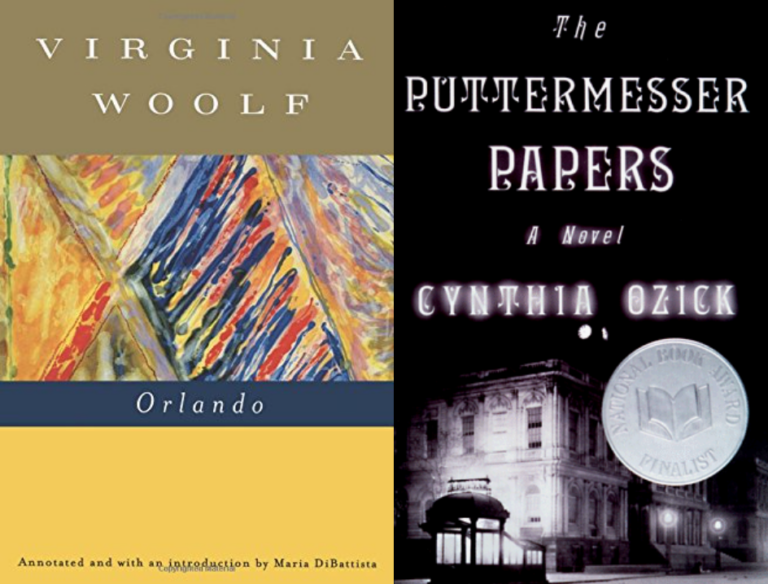
Virginia Woolf and Cynthia Ozick both feature protagonists who flaunt societal gender-based expectations like marriage and children in their mock-biographies.
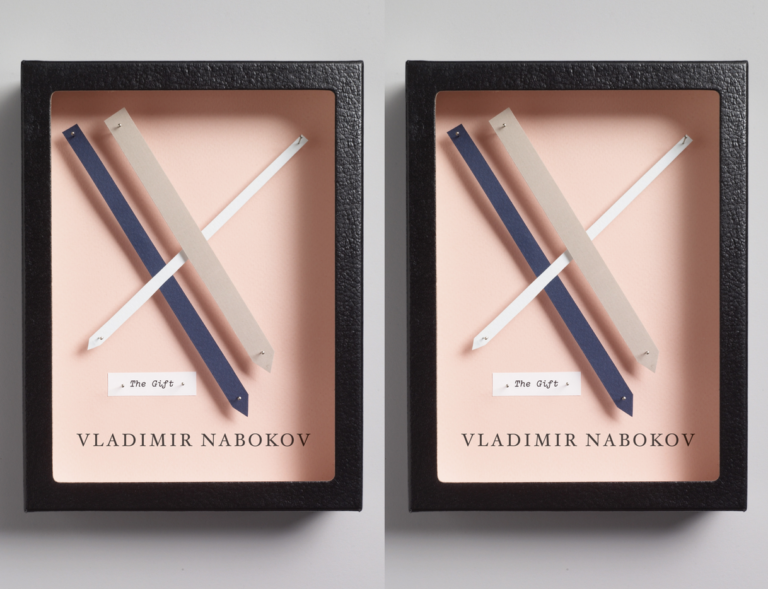
Vladimir Nabokov wrote English prose so piercing and pristine we forget the language was not his natural idiom. In leaving his native Russian behind, to find new readers and paying publishers, he gave up not just a language, but also the warm familiarity of cultural shorthand and common referents shared with his Russian readers.

Regarding writing in exile within one’s own country, James Baldwin might facetiously ask, “Exiled from which America?” He might invoke W.E.B. Du Bois’ double-consciousness and say, “You should know you were only really a part of it insomuch as you could see out of your own eyes and perceive, at the same time, how they see you and not succumb to that vision.”
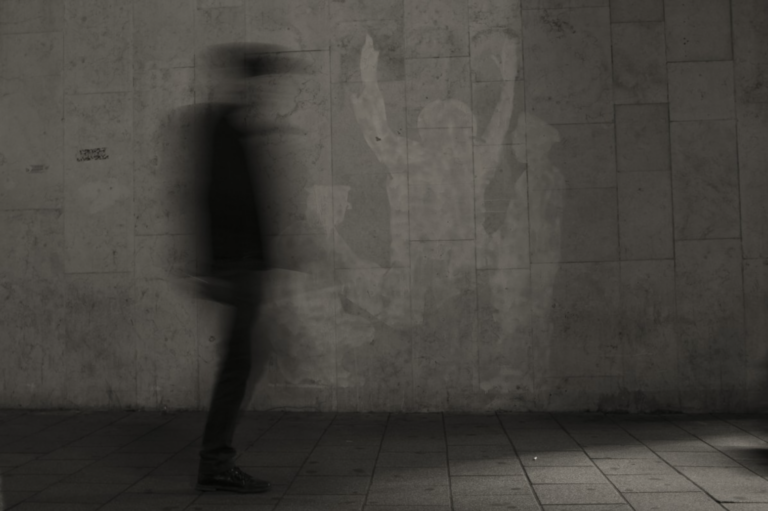
As a student poet, I never once read a book of poetry I knew to be written by a bi+ poet, much less one who expressly addressed and celebrated a non-monosexual identity.
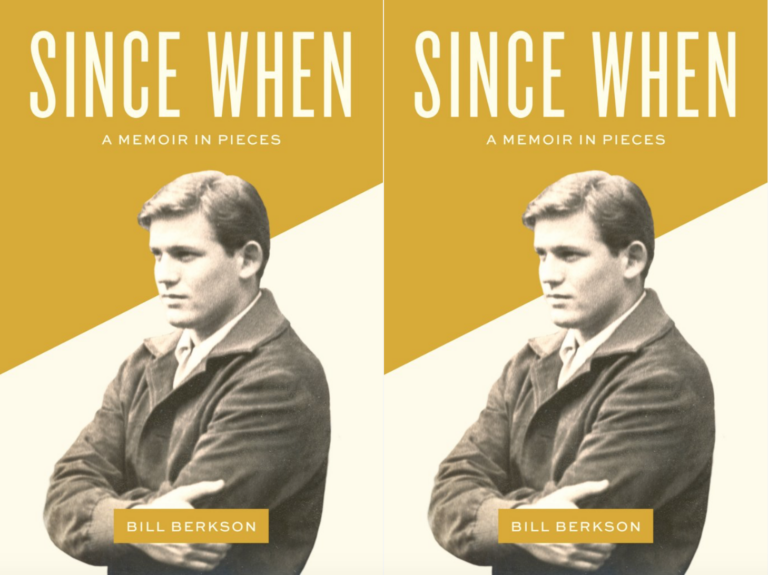
Since When is unlike any poet’s memoir I’ve ever read. It’s a treasure.
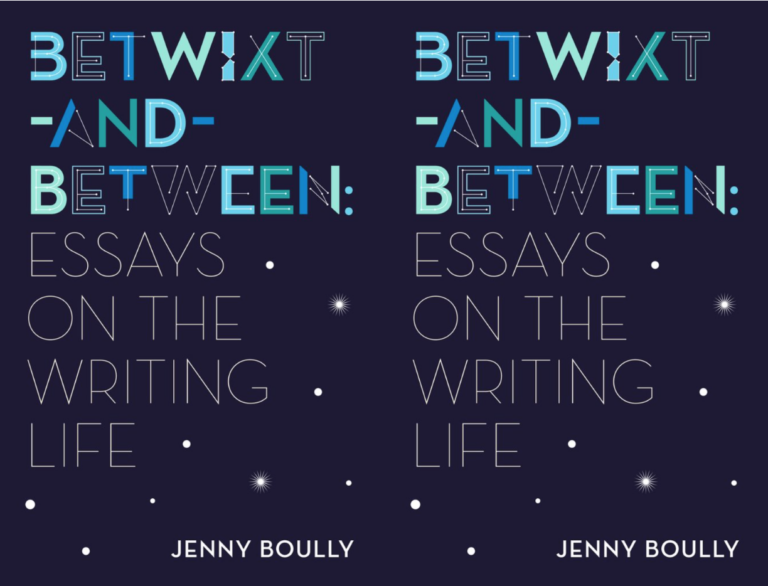
Jenny Boully delicately traces the in-between in her collection of lyric essays on the writing life.
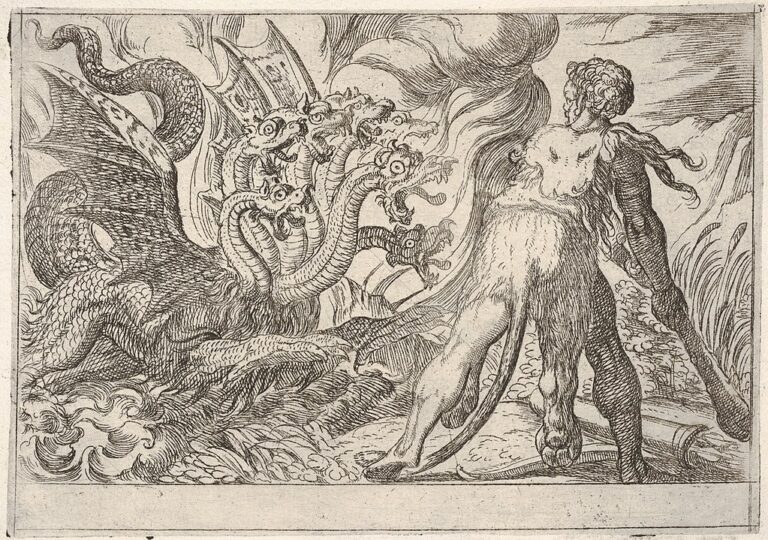
P.E. Garcia is a poet and writer whose work often defies expectations. Their poetry and fiction speak to truths that are often unwanted: that marginalized bodies exist in all spaces and no spaces; that existing in these spaces brings one closer to death.
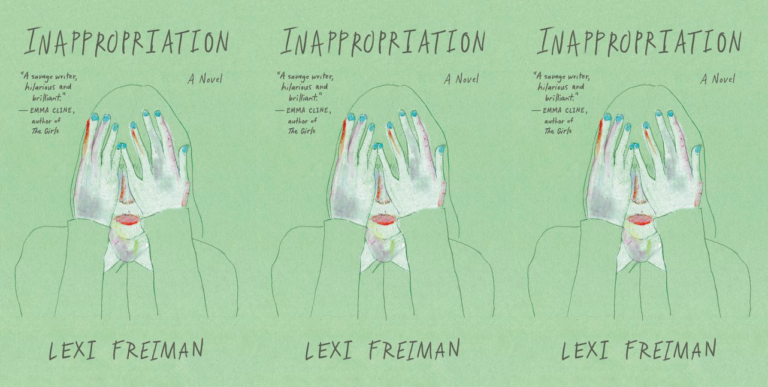
Works by Rebecca Solnit and Lexi Freiman take a look at how women express and suppress their rage.

When he received the Nobel Prize, Kertész finished his acceptance speech by saying: “And if you now ask me what still keeps me here on this earth, what keeps me alive, then, I would answer without any hesitation: love.”
No products in the cart.